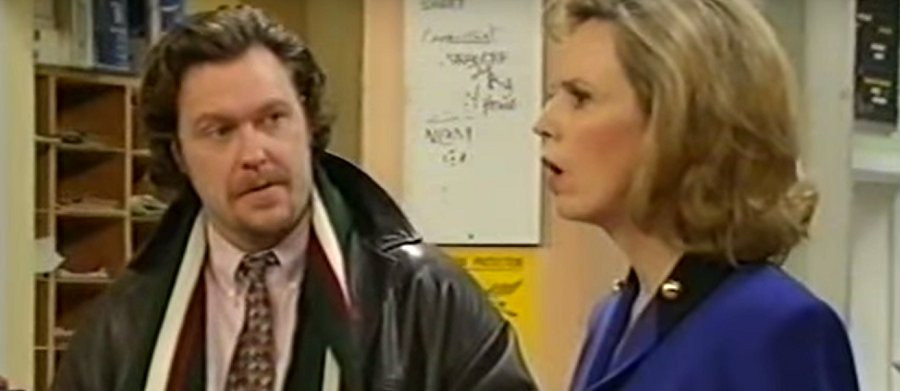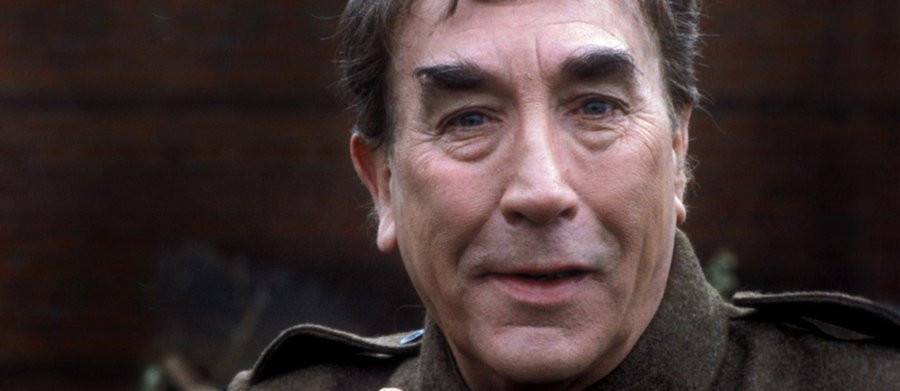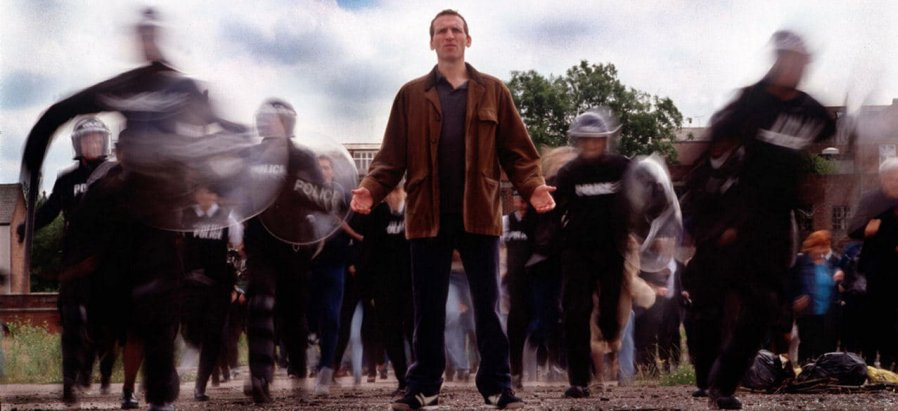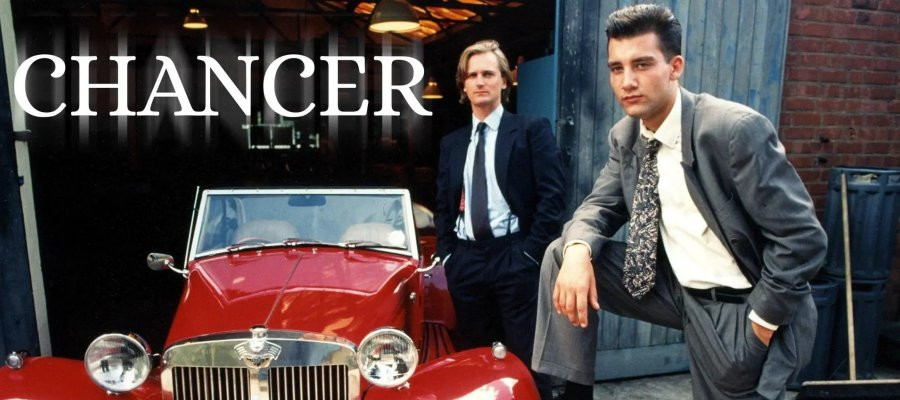
Cracker
1993 - United KingdomA Groundbreaking Descent into the Criminal Mind
Possibly the starkest and most psychologically unflinching popular drama to emerge from British television since the seminal Edge of Darkness, Granada Television’s Cracker made an immediate and indelible impact upon its debut in 1993. Created by the formidable Jimmy McGovern, the series redefined the crime procedural, merging gritty realism with complex character study in a way rarely seen on primetime television.
At the heart of Cracker lies the unforgettable figure of Dr Edward "Fitz" Fitzgerald, a criminal psychologist enlisted by the Greater Manchester Police to assist in profiling suspects involved in the most savage and disturbing of cases. Fitz, portrayed with towering brilliance by Robbie Coltrane, is no conventional hero. He is a deeply flawed man—an alcoholic, a compulsive gambler, a heavy smoker, and frequently abrasive. And yet, beneath his vices lies a mind of remarkable forensic clarity. His penetrating intellect and almost preternatural understanding of the human psyche allow him to untangle the darkest of criminal motivations, even as his personal life crumbles around him.
McGovern, joined by fellow writer Paul Abbott, constructed a series of intricately layered stories that held a mirror to the moral decay and social unrest simmering beneath the surface of 1990s Britain. Set against the bleak urban backdrop of the North West, Cracker was unflinching in its exploration of violence, sexual abuse, institutional corruption, and mental illness. These were not crimes solved neatly in an hour—each story arc unfolded across multiple episodes, with a depth and intensity that demanded emotional and intellectual engagement from its audience.
Coltrane’s portrayal of Fitz is a masterclass in contradiction — charming yet abrasive, empathetic yet selfish, insightful yet self-destructive. His performance earned him three consecutive BAFTA Awards for Best Actor, and rightly so. He transformed what might have been an insufferable anti-hero into a figure of tragic grandeur—both magnetic and repellent.
The supporting cast was equally strong. Barbara Flynn brought quiet resilience and dignity to the role of Fitz’s long-suffering wife, Judith, while Christopher Eccleston gave an early standout performance as DCI David Bilborough. Following Bilborough’s exit, Ricky Tomlinson stepped into the fray as DCI Charlie Wise, offering a more pragmatic and weary counterbalance to Fitz’s emotional volatility.
One of the series’ most disturbing and powerful arcs involved DS Jimmy Beck (played with chilling menace by Lorcan Cranitch), whose descent into psychological collapse culminated in the rape and near murder of his colleague, DS Jane Penhaligon. Geraldine Somerville, as Penhaligon, delivered an emotionally resonant performance, offering a counterpoint to Fitz—at times his conscience, at others his confidante, and briefly, his lover. The show’s treatment of her trauma was as unflinching as it was emotionally devastating.
To maintain psychological authenticity, Granada Television brought on board forensic psychologist Ian Stephen—who had previously assisted in the hunt for the infamous serial killer Bible John—as technical advisor. This ensured that the show’s depiction of profiling and criminal psychology, while dramatised, retained a sense of professional credibility.
The influence of Cracker on British television was seismic. It single-handedly revived the psychological thriller for a mainstream audience and paved the way for future character-driven crime dramas such as Luther, Broadchurch, and Happy Valley. Its success even led to an American adaptation, Fitz, in which Coltrane reprised his role. However, due to the sanitised demands of US network television, the raw intensity and uncompromising tone of the original series were largely lost in translation.
Cracker was never comfortable viewing. It was bold, unsettling, and often harrowing. But it was also an extraordinary achievement—television that challenged its audience to think deeply about crime, consequence, and the moral ambiguity of justice. It dared to ask difficult questions, not only about its characters but about society itself.
In an era increasingly defined by formulaic dramas and procedural predictability, Cracker stands as a stark reminder of what the genre can achieve when it is treated with intelligence, integrity, and fearless ambition. It remains, quite simply, one of the finest drama series ever produced for British television.
Seen this show? How do you rate it?
Seen this show? How do you rate it?
Published on December 5th, 2018. Written by Laurence Marcus for Television Heaven.










